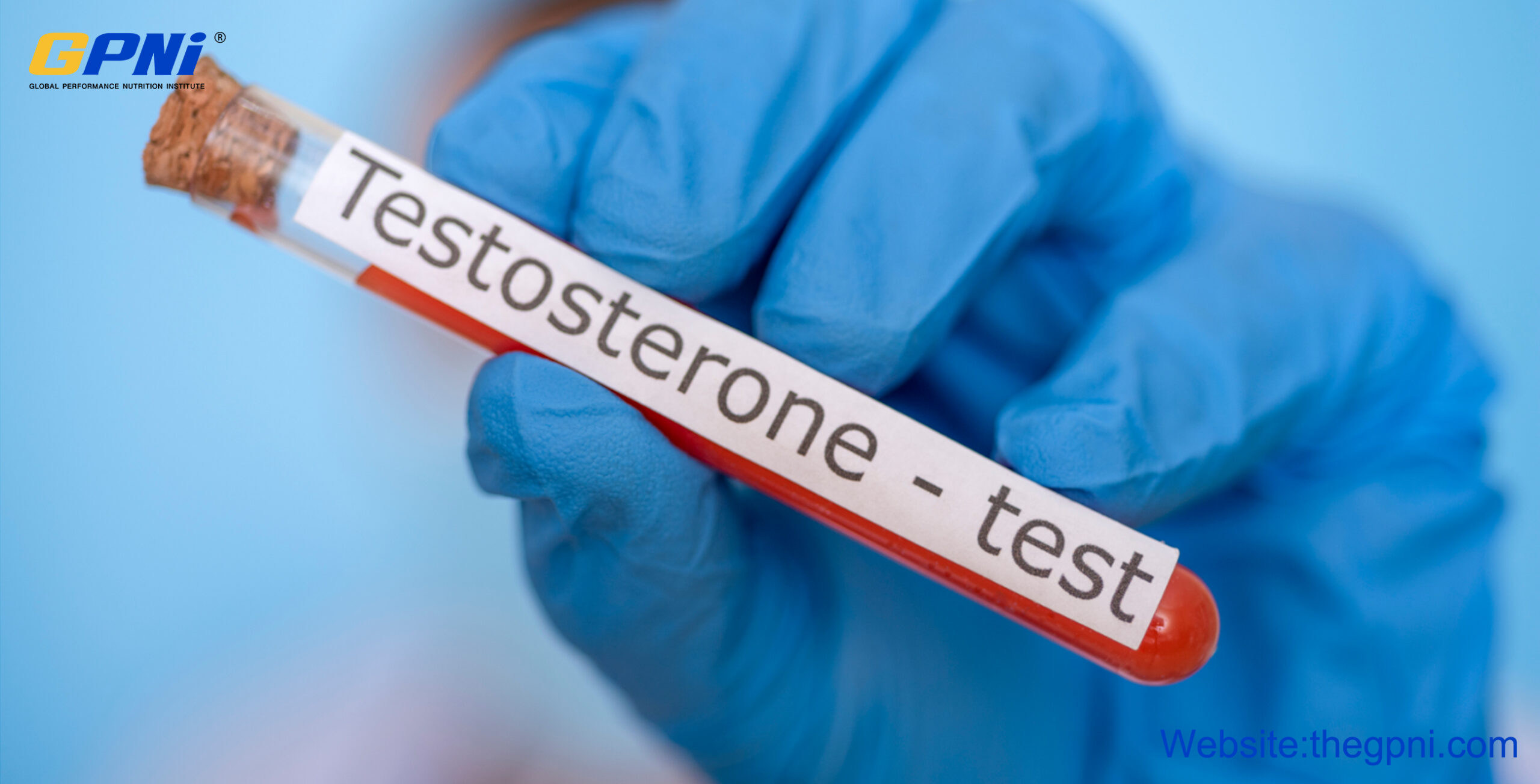Testosterone, a vital hormone for both men and women, plays a crucial role in muscle mass, energy levels, and overall well-being. While testosterone levels naturally decline with age, lifestyle choices significantly impact hormone levels.
Testosterone is primarily produced in the testes for men and in the ovaries and adrenal glands for women. It influences numerous physiological functions, including muscle growth, fat distribution, and libido. Low testosterone levels can lead to fatigue, weight gain, and decreased sexual function.
Age-Related Declines in Testosterone And Clinically Low Testosterone Levels
It’s important to distinguish between age-related declines in testosterone and clinically low testosterone levels. Testosterone levels naturally ebb with age, with most men losing about 1 to 2 percent annually starting around age 40. By age 75, most men have 30 percent less of the hormone than they did at age 25. While testosterone levels naturally decrease with age, this decline is often gradual and varies among individuals. In contrast, low testosterone, or hypogonadism, is characterized by levels that fall significantly below the normal range, often accompanied by symptoms such as fatigue, depression, and diminished libido.
Understanding this distinction is crucial, as age-related declines may not require intervention, while low testosterone could necessitate lifestyle changes or medical treatment. Addressing low testosterone effectively involves a comprehensive approach, including dietary adjustments, exercise, and lifestyle modifications to restore hormonal balance and overall health.

Evidence-Based Ways to Optimize Testosterone Naturally
Research-supported ways to optimize testosterone generally center on fundamental dietary and lifestyle measures.
1. Dietary Strategies
Healthy Fats: Incorporating healthy fats, particularly monounsaturated and saturated fats, can support testosterone production. Sources include avocados, nuts, olive oil, and coconut oil. Studies suggest that diets low in fat may correlate with lower testosterone levels.
Protein Intake: Adequate protein consumption is essential for muscle maintenance and hormone production. Lean meats, fish, eggs, and plant-based proteins like legumes are excellent sources. Research indicates that balanced protein intake may help optimize testosterone levels.
Zinc and Magnesium: These minerals are vital for testosterone production. Zinc-rich foods include oysters, beef, spinach, and pumpkin seeds. Magnesium can be found in nuts, whole grains, and green leafy vegetables. Supplementation has shown promising results in increasing testosterone levels.
Vitamin D: Often called the sunshine vitamin, vitamin D is crucial for testosterone synthesis. Sun exposure is ideal, but supplementation can also be beneficial, particularly in individuals with low levels. Fatty fish, fortified foods, and egg yolks are dietary sources.
Cruciferous Vegetables: Foods like broccoli, cauliflower, and Brussels sprouts contain compounds that may help balance estrogen levels, potentially leading to increased testosterone.
Avoid Processed Foods and Sugars: High sugar intake and processed foods can lead to obesity and insulin resistance, negatively impacting testosterone levels. Focusing on whole, unprocessed foods is advisable.

2. Exercise Regimens
Resistance Training: Weight lifting and resistance exercises are among the most effective ways to increase testosterone. Studies have shown that intense weight training can boost hormone levels, especially when using compound movements like squats and deadlifts.
High-Intensity Interval Training (HIIT): Short bursts of intense exercise followed by rest periods can stimulate testosterone production. HIIT workouts have been linked to increased hormone levels compared to moderate steady-state exercise.
Adequate Recovery: While exercise is vital, overtraining can lead to a decrease in testosterone levels. Prioritizing rest and recovery days is crucial for hormonal balance.
Avoiding Endurance Sports: Prolonged endurance activities, such as marathon running, can lead to a decrease in testosterone. If you’re involved in endurance sports, balancing with strength training is beneficial.
3. Lifestyle Factors
Sleep Quality: Poor sleep negatively impacts testosterone levels. Aim for 7-9 hours of quality sleep per night to support hormone health.
Stress Management: Chronic stress elevates cortisol, a hormone that can inhibit testosterone production. Techniques such as mindfulness, meditation, and regular physical activity can help manage stress.
Limit Alcohol and Smoking: Both alcohol and smoking can negatively affect testosterone levels. Moderation is key.

Increasing testosterone levels naturally involves a holistic approach that combines dietary changes, exercise, and lifestyle adjustments. By focusing on nutrient-rich foods, incorporating strength training, and managing stress, individuals can support their hormone health effectively.
References
Decaroli MC, Rochira V. Aging and sex hormones in males. Virulence. 2017 Jul 4;8(5):545–70.
Haffner, S. M., & Valdez, R. (1996). Diabetes Care, 19(2), 130-138.
Cummings, D. E., & Cohen, D. E. (2007). American Journal of Clinical Nutrition, 86(5), 1333-1338.
Leite, A. C., et al. (2016). The Journal of Clinical Endocrinology & Metabolism, 101(1), 103-109.
Zitzmann, M., & Nieschlag, E. (2001). The Journal of Clinical Endocrinology & Metabolism, 86(8), 3525-3532.
He, X. et al. (2014). Journal of Steroid Biochemistry and Molecular Biology, 140, 118-127.







